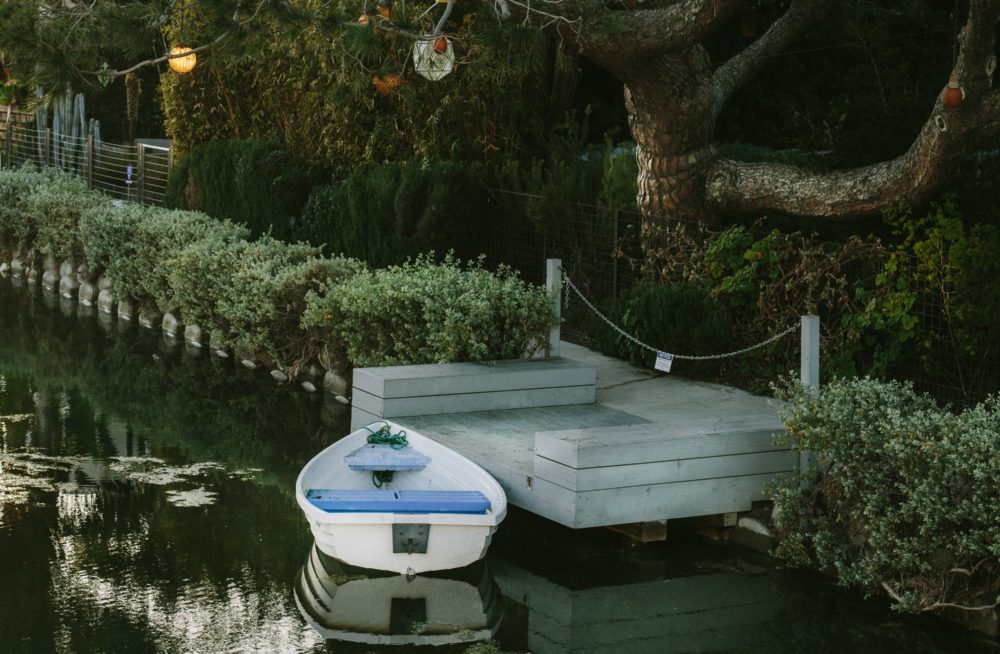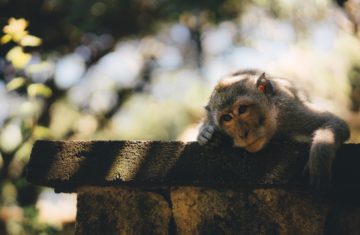Right now you have a good boat, fully equipped and
available–hard to find.
To free yourself and others from the sea of samsara,
Day and night, constantly,
Study, reflect and meditate–this is the practice of a bodhisattva.
The verses above come from a 14th century Tibetan text by Tokme Zongpo. (Ken McLeod has written a wonderful commentary on it.) I know there’s some jargon in it, but it’s such a great paragraph. Stick with me.
First, you have to recognize and realize and remember that you have what you need. You have a boat. It’s a great one, too–it’s fully equipped and reliable. Zongmo reminds you: this is hard to find. What he’s saying is that you have what others call Buddha nature, or original blessing, or the Divine Image. You have been born human with a basic goodness that resides within you. And it is there for you, even if you don’t always heed it or honor it.
The reason this is important in meditation is that you will have stuff come up when you stop moving around and distracting yourself. It is not going to be a rose parade happening. If it makes you feel better, know that the entire meditation session I had yesterday was one loud screaming concert of the Britney Spears song “Lucky” which I didn’t even realize I knew and I sure don’t like. WHY did I have to deal with this annoyance? I have no idea. But meditation is about sitting through whatever comes around.
These jaunts into annoyance (or worse) can cause us to be mean to ourselves. We wonder why we are such idiots, that so many minutes can go by and we cannot seem to clear out a particularly bad pop song from our minds. When we remember we have a good boat, we also remember to be kind to ourselves. We can stop the negative self-bashing. Instead, we can be proud of our little boat.
So why do we have this boat? Zongpo says the boat can free us and others from samsara, which is suffering. Just all the mess of human life. We can’t get rid of it, but we can get rid of all the ways we attach to it and make things worse.
And we do this by meditating regularly. Only when we take the time to see what’s going on in those crazy minds of ours can we get some clarity and distance from all the noise. When we are aware, we may just notice when we’re stuck, hanging on to some grudge or some thing we should’ve said better or some missed opportunity. We are stuck on it, hooked like a caught fish, flopping around without any chance of freedom.
Sometimes, in meditation, we can see what’s ridiculous, or unhelpful, or harmful. And that’s the first step toward doing something about it. Letting go. Moving on. Forgiving ourselves. Forgiving others.
Ken McLeod ends his reflections on these verses with this one question: what will it take for you to step into the boat?
If meditation can ease your suffering, and ease the suffering of others, if you truly do have a good boat that has all you need to become free, why aren’t you doing it?
I know, there are so many reasons. And it’s a pushy question. But it’s a question worth asking yourself. If you’ve been reading all of these posts and thinking, “Yeah, I should do that” and you just haven’t taken the leap…
What will it take for you to step into the boat?
This post is part of the Paramita Project, where I’m practicing one paramita, or virtue, every month for ten months. You can read all my posts on January’s paramita, meditation, here.




